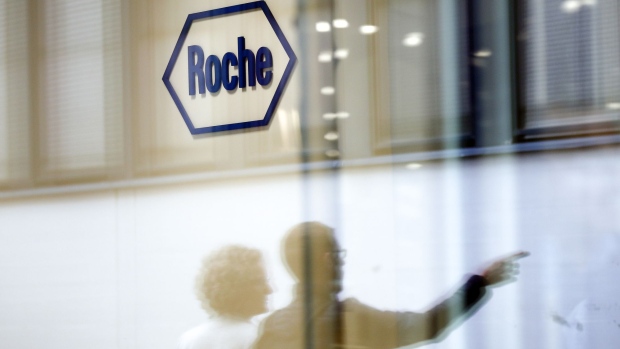Nov 30, 2022
Roche’s Failed Alzheimer’s Drug Cleared Less Amyloid Than Hoped, Results Show
, Bloomberg News

(Bloomberg) -- Roche Holding AG’s experimental Alzheimer’s disease drug was far less effective than hoped at clearing a toxic protein from the brain, according to findings from two studies that may explain why it failed when a rival therapy succeeded.
Amyloid, an abnormal protein in Alzheimer’s patients’ brains, dropped to a target threshold in only about a quarter of treated patients, Roche said Wednesday in a presentation at the Clinical Trials in Alzheimer’s Disease conference in San Francisco. A smaller study had suggested that the drug could hit that target in about half of patients.
The results scuttle hopes for gantenerumab as an Alzheimer’s treatment. Roche is discontinuing a separate study that had sought to determine whether the compound could be used preventively and is in talks on next steps for other prevention research.
The results still support the idea that lowering amyloid can help Alzheimer’s patients, Roche said. The stock rose less than 1% in Zurich trading.
Read More: Eisai, Biogen Alzheimer’s Drug Trial Spurs Questions on Benefits
The Swiss drugmaker presented the data a day after Eisai Co. and Biogen Inc. reported hotly anticipated results for lecanemab, another medicine that targets amyloid. Unlike the Roche compound, the Eisai-Biogen treatment slowed patients’ mental decline by 27% over 18 months, a milestone in a field where drug after drug has failed to help patients. Still, lecanemab isn’t a cure, and its side effects leave room for debate about which patients will benefit the most.
--With assistance from Robert Langreth.
(Updates with Roche shares in fourth paragraph)
©2022 Bloomberg L.P.


